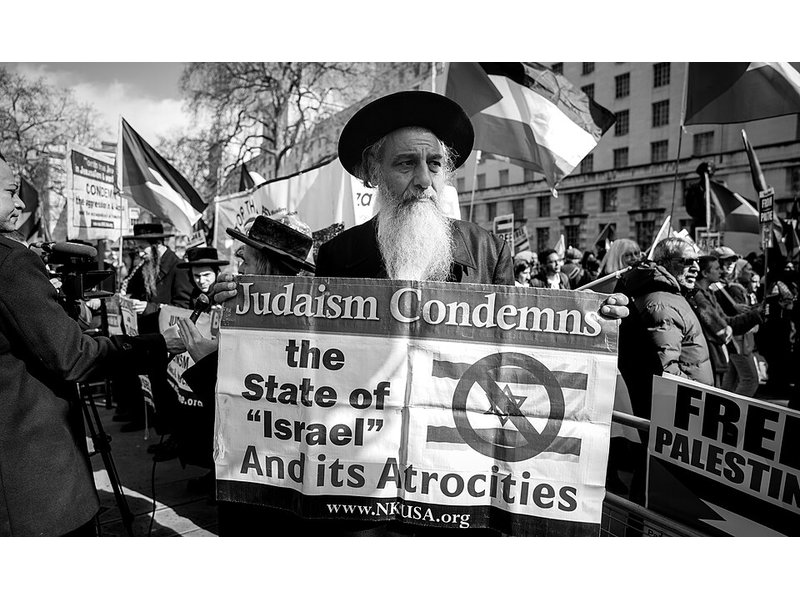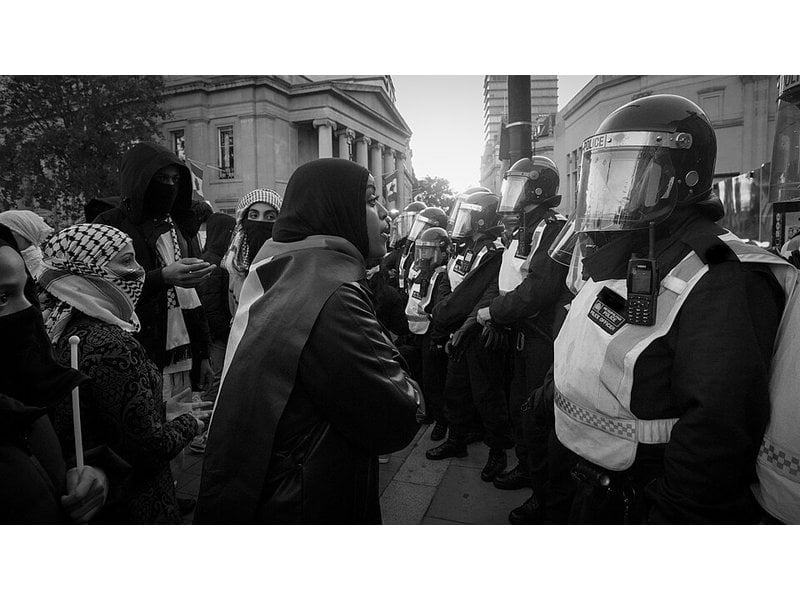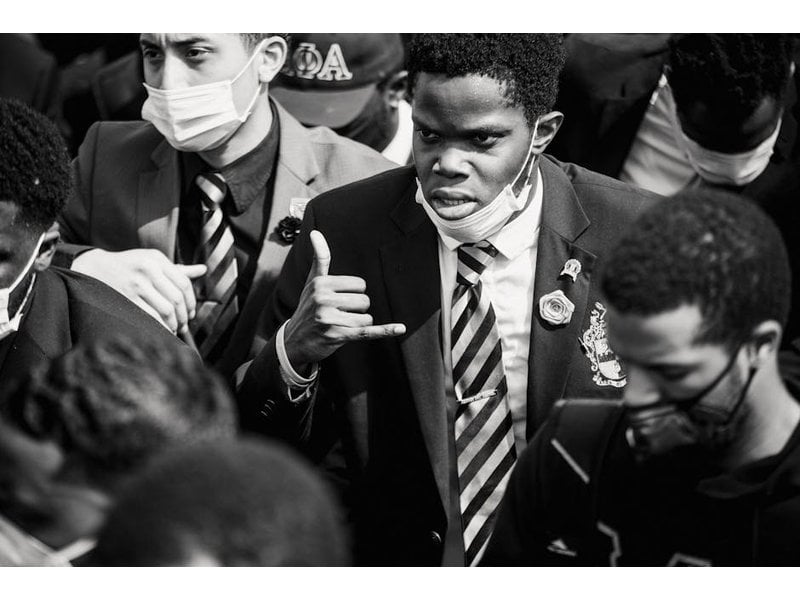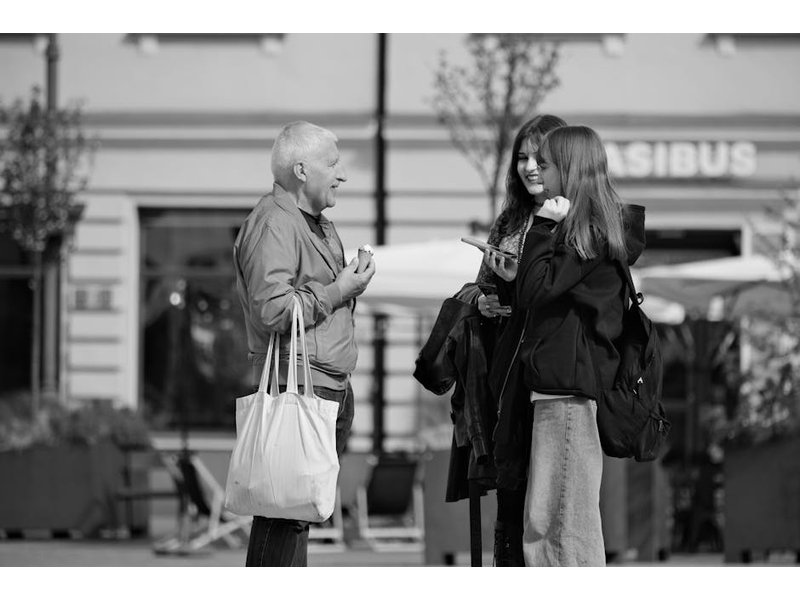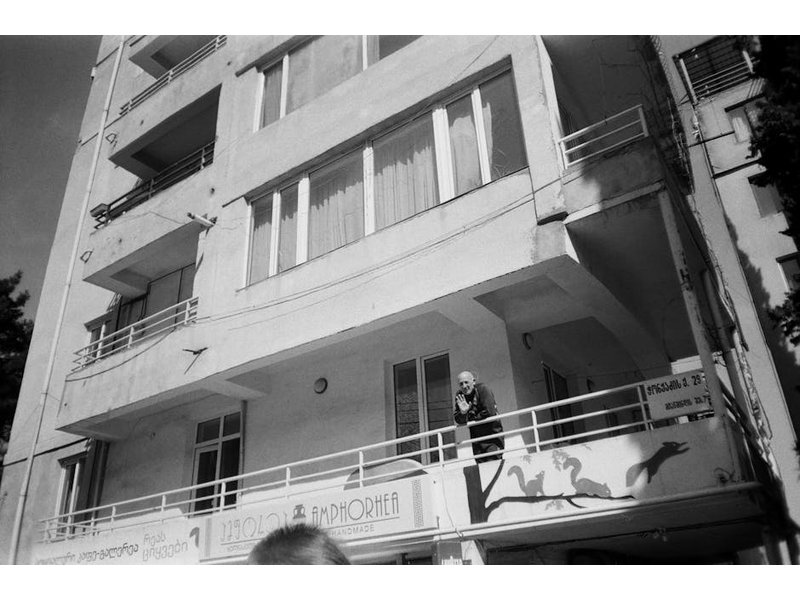045 demonstrative funerals
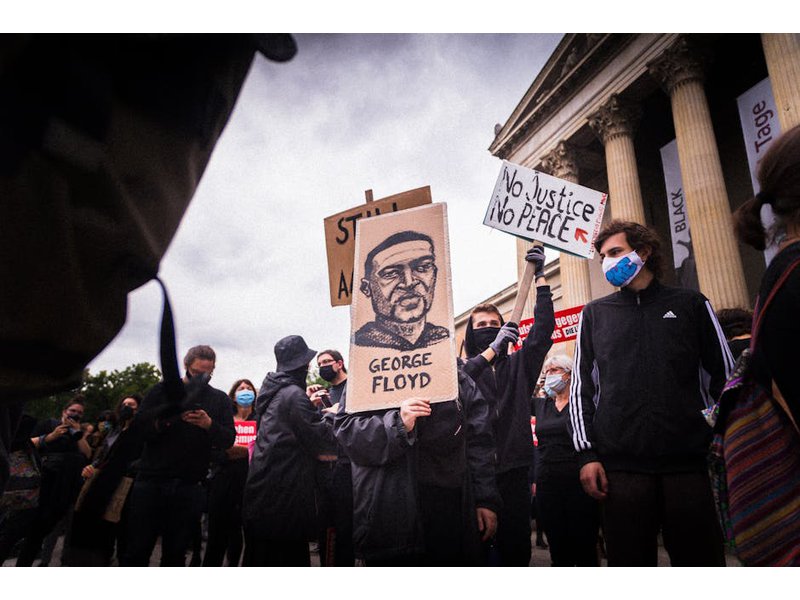
"Under conditions of political unrest, memorial services and funerals— especially funeral processions for persons killed by political opponents or those who died of other causes in the course of the struggle—may express protest and moral condemnation. This may take place whether the person or persons killed were prominent opposition leaders or unknown demonstrators, whether the killers were a private individual or secret group on the one hand, or the police or troops of the regime on the other. Rarely, the occasion is the death of a person who has committed suicide as a protest. (This is not here regarded as a method of nonviolent action.) This method will usually take the form of a dignified walking procession."...
Potentially awesome partners
High scoring campaigns using this method
Historical cases from the Nonviolent Action Database that used this method
African Americans campaign for voting rights in Selma, Alabama, USA, 1965
Even after the passage of the Civil Rights Act of 1964, most African Americans in the southern United States were still unable to vote because of registration requirements such as literacy tests and slow registration processes. In Selma, Alabama the ...
Filipinos campaign to overthrow dictator (People Power), 1983-1986
Ferdinand Marcos was elected president of the Philippines in 1965. Marcos was reelected in 1969 and when barred to run for a third term, he declared martial law and gave himself near absolute power. Marcos assumed full control of the military, dissol...
Tunisians overthrow dictator and demand political and economic reform (Jasmine Revolution), 2010-2011
Over the past several decades, high unemployment, high food prices, and widespread poverty have characterized much of Tunisia. Government corruption and a paucity of political freedoms have also painted its landscape, making it exceedingly difficult ...
Syrian citizens general strike against France, 1936
French-occupied Syria was facing darkening hopes for more independence from France at the end of 1935. The major Syrian nationalist party, the National Bloc, was losing power, the Syrian Parliament was adjourned and the government in power was under ...
Sudanese bring down dictator Abbud (October Revolution), 1964
By October of 1964, an issue called the “Southern Problem” had formed in Sudan. This Southern Problem was essentially a dispute between the Arabized Muslim North and Christian South of Sudan. The northern “Sudanization” of southern administrative pos...
Native American and environmentalist groups block nuclear waste site in Ward Valley, California, 1995-2000
In March of 1988, U.S. Ecology, a national dump operating company, decided upon Ward Valley, California as the most desired location for building a new nuclear waste dump. Because this was federal land in the state, the government of California neede...
Lebanese campaign for democracy (Independence Intifada or Cedar Revolution), 2005
On February 14, 2005, a massive car-bomb explosion rocked Beirut, Lebanon, which killed twenty-two people, including former prime minister and leader of the opposition parties Rafiq Hariri. Suspicions were high that Syria, which had occupied Lebanon ...
International groups boycott Nestle products to end indiscriminate advertising, 1977-1984
Artificial baby milks—so called “infant formula”—became widespread commercial product during the early decades of the twentieth century. Among many companies involved, Nestlé’s was the biggest promoter, controlling more than 40% of the estimated $1.7...
Malians defeat dictator, gain free election (March Revolution), 1991
General Moussa Traoré obtained power in Mali in 1968 when he led a military coup d’etat that overthrew the left-leaning nationalist government that had ruled since 1960. Opposition towards Traoré grew during the 1980s, but didn’t fully emerge until t...
Egyptians bring down dictatorship of Hosni Mubarak, 2011
Beginning in 1981, Hosni Mubarak ruled Egypt for over twenty-nine years. Though he ran for presidential reelection several times, elections were marked by widespread fraud, and opposing politicians were legally prohibited from running against Mubarak...
Low scoring campaigns using this method
Historical cases from the Nonviolent Action Database that used this method
